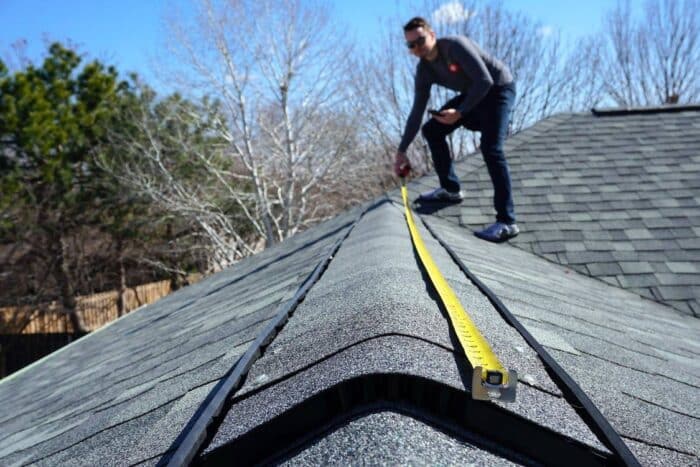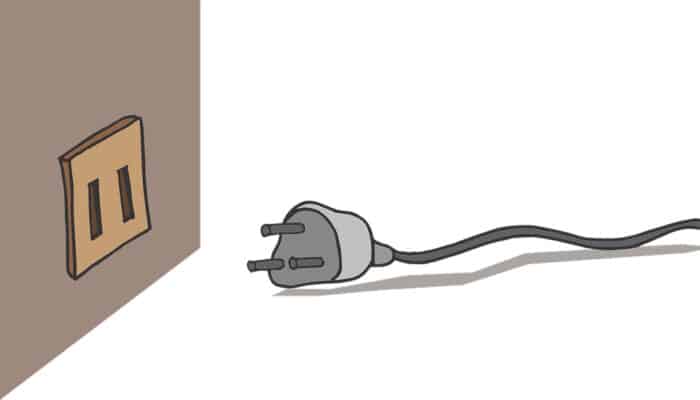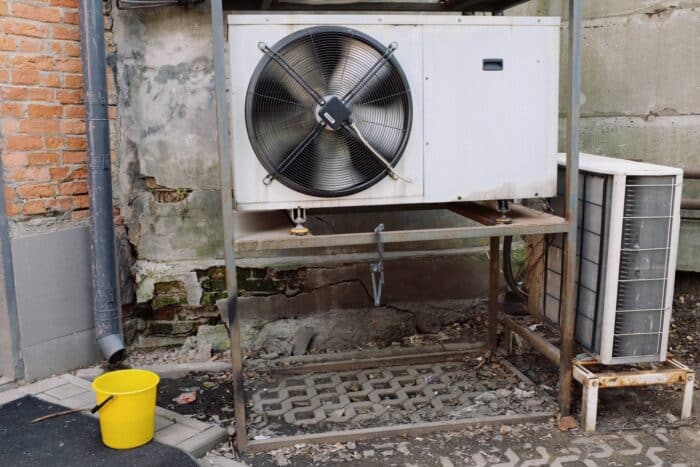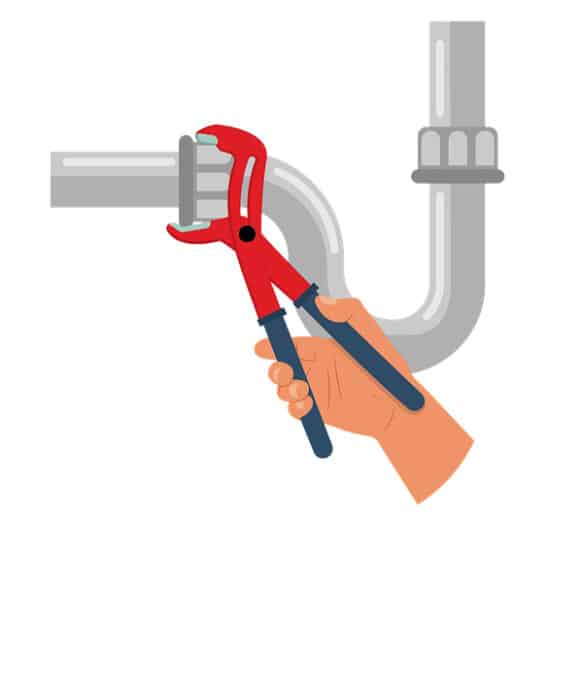1. Roof Damage
The roof is one of the most important components that an inspector will inspect during a home inspection. It’s also one of the most essential parts of your house. A list of potential problems that could arise from a roof leak can cause buyers to pull out of a deal. This can lead to costly repairs.
Your roof’s condition will depend on many factors. Your roof will need more attention if you live in harsher climates than those in milder areas.
These are the things that an inspector will be looking for when inspecting a roof:
- Sagging – When the joists in your home become weak and are unable to hold the roof in its place, this is called sagging. Poor drainage or large amounts of snow can worsen this problem.
- The overall condition of the roof sheathing, especially in areas surrounding chimneys or other roof penetrations. Leakage can be identified by looking deeper into your attic.
Two ways an inspector can assess your roof are available. The inspector will inspect your roof if it is possible and if it is safe to do so, they will take a walk on the roof in order to assess its condition.
They will then enter your attic. They can inspect the attic to find any leaks that may have occurred in the past or present. You will also notice signs of roof sagging, spreading, or twisting of the wood framing in the rafters.
Feel free to call The Ellerbrake Group for a list of trusted contractors that can perform these detailed inspections.
2. Electrical Issues
Electrical wiring issues are responsible for many home fires every year. The electrical system is an important component of home inspection. Newly built homes will have very few electrical problems. Older homes that have faulty wiring are more susceptible to fire.
These are some of the most common issues that an inspector will discover with electrical wiring:
Fraying and exposed wiring
Overheating can be caused by painted outlets. These are common in properties that were once rented.
Reversed Polarity – This means that the hot, neutral and ground slots of plugs have somehow been mixed.
Aluminum wiring – Aluminum wiring was more economical than copper wiring in late ’60s or early ’70s. However, it can also contribute to the possibility of a fire in your house.
Incorrect modification of electrical panels can lead to flickering lights, or switches and outlets not functioning correctly.
Missing knockouts or missing rectangular shapes in a panel
An inspector will inspect your home for any problems with your outlets and electrical panels, as well as your light fixtures and the wiring. They will also include suggestions for updating the system if they feel it is necessary. If they feel that a particular area needs to be addressed prior to move-in they will indicate it.
Some electrical repairs will not cost much. It can cost as much as $30,000 to rewire your entire house in some areas.
3. HVAC Service
The HVAC system in your home consumes almost half the energy used in your home. Your HVAC system works hard each year to maintain your home’s climate control. It will eventually need to be serviced on a routine schedule. Many people neglect to service their HVAC systems annually, which can lead to problems during a home inspection.
An average home inspector won’t do a thorough inspection of the furnace or AC. It is a good idea to hire an HVAC specialist to inspect your HVAC system if it is more than ten years old. This will allow you to determine the remaining lifespan of the unit as well as project future repair costs.
Here are some common HVAC problems:
Most common problem: Dirty filters
Unlevel Pad
Improper Flue Installation
Dirty Coils
Broken Condenser
Cracked Heat Exchange
4. Plumbing Problems
Home inspection reports often include plumbing issues. Plumbing problems can be very common in a home and quite costly. Most plumbing problems are not apparent to homeowners until they are inspected.
Usually, an inspector will inspect your plumbing for the following:
How water flows from your taps efficiently
How well your drains function
And whether your toilets flush.
Although a home inspector won’t be as thorough as a professional plumber, they can give you a general overview of any issues that may need to be addressed when you move in, if any.
They may recommend professional plumbing inspections if they feel there is a greater problem. You can rest assured that most plumbing problems found in a home inspection are minor.
5. Water Damage
Water damage is difficult to spot. This issue can be difficult to identify, but inspectors have the training and experience to resolve it.
The roof is often the first place where water leaks and it will move downwards. When inspecting for water damage, inspectors will typically start at the roof. Here are some signs that water damage has occurred:
- Cracks, holes – Water can easily enter your home through cracks or holes in exterior walls.
- Damp floors and carpets
- Stain on walls and ceilings– Inspectors will still look for mold growth, even if there is an old leak that has been fixed.
- Peeling wallpaper – This could indicate a leak behind your walls.
- Musty odors This can indicate mold buildup and is often caused by water leaks.
Water intrusion can be caused by small leaks. However, your inspection report will detail the extent of the problem. It will also explain what steps you should take to remedy the situation, if necessary.
Another common source of water damage could be due to the sump pump backing up or the sewer line backing up. The Sump Pump is important to test and make sure that it is functioning properly. If there is an access point to the sewer line, it may not be a bad idea to have a licensed professional plumber come out and put a camera down the sewer line in order to identify possible issues that could cause water to back up.
There are many issues that can pop up during a home inspection report, so be prepared to contact service specific contractors if you are selling your home so that the proper work can be completed before any inspections even need to be completed. Many of these service base businesses exist in the area, but feel free to give The Ellerbrake Group a call if you are interested in working with someone we have used frequently in the past.








